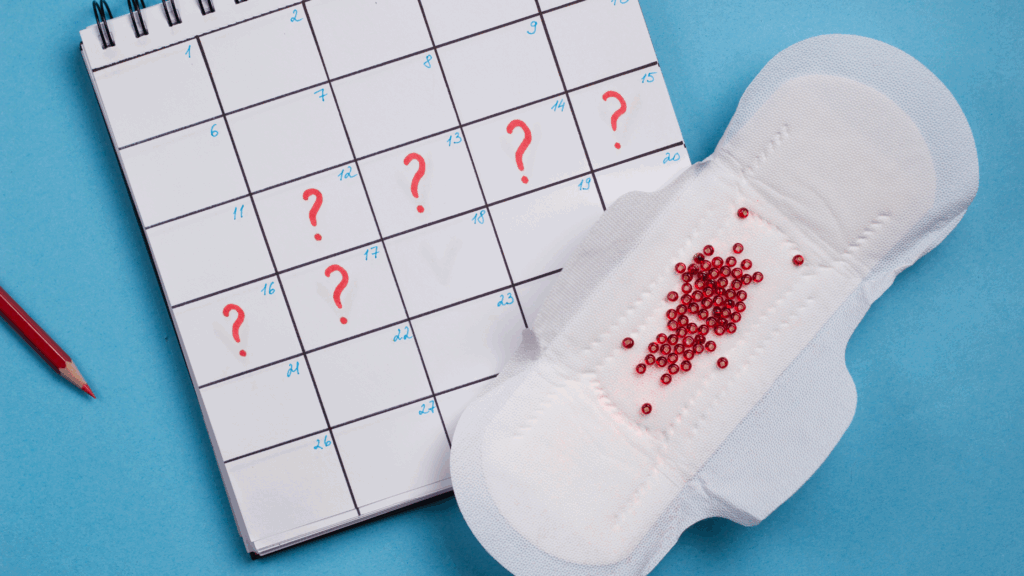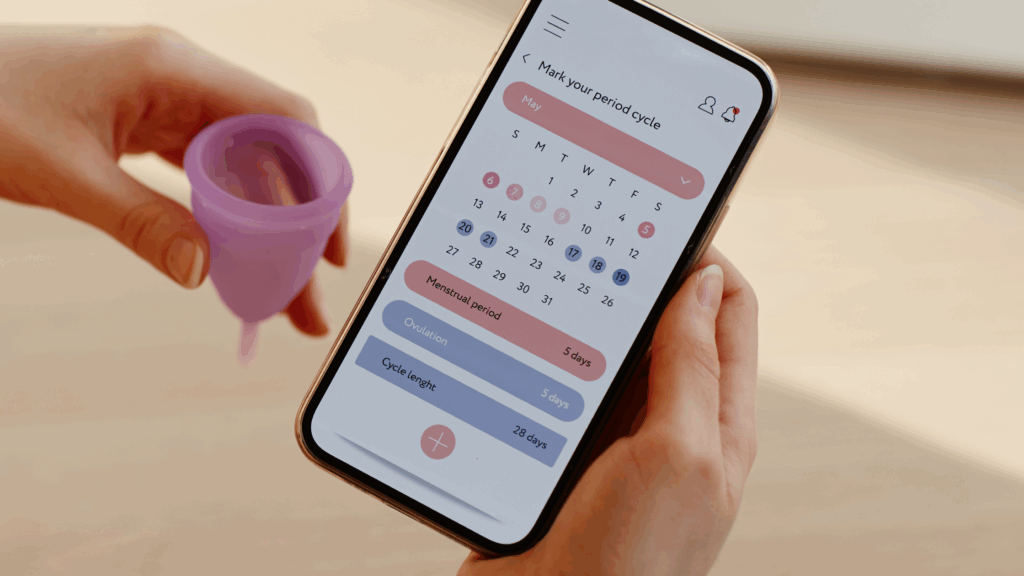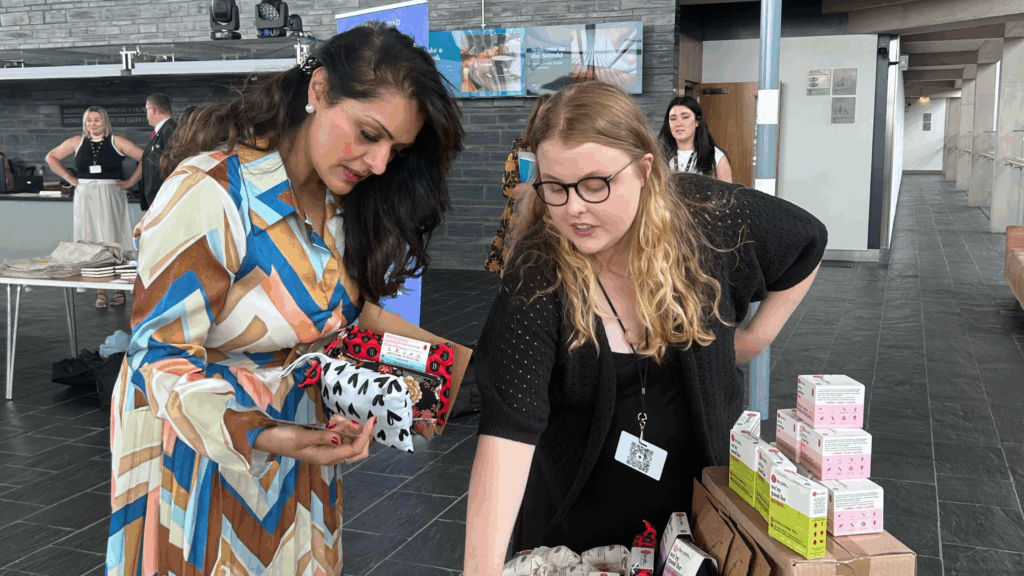Talking with a Doctor about Periods and Other Intimate Issues

Visiting the doctor can be a daunting experience, but it doesn’t have to be. Here are some tips to help you start talking with a doctor about periods.
This is a guest blog written by Emily Handstock, a young activist part of the Love Your Period Campaign. She is also a lived experience endometriosis advocate.
Tackling shame and embarrassment
Society is sharing more openly that we shouldn’t be embarrassed about periods. But many of us still feel that way. You can’t just ‘get over it’. If it were that easy, we would.
As someone who has had to discuss many intimate issues with various medical professionals, from painful periods to urinary incontinence to sex, I have a few top tips to help you navigate these issues as easily as possible.
Advocating for yourself
You may have heard of other people’s experiences on social media about how they felt dismissed by their GP or medical professional and felt inferior or patronised.
I would love to say that I can’t guarantee this won’t be your experience, but you know your body best and if you believe something isn’t right, keep speaking up.
Tracking symptoms
If you start to notice an issue, such as periods that are so painful that you can’t go about your day-to-day or issues with incontinence, start recording it as best as you can and with as much detail as possible.
You can buy symptom tracker diaries, but it can be something as basic as the notes app on your phone.
Record pain levels, medication you take to deal with any issues and how the issue impacts your day-to-day. All of this is incredibly useful to you and your GP. If you are someone who gets nervous when having these conversations, the data can do the talking for you, and it can help back up your complaint.
Getting support at appointments
If you are still uneasy about attending your appointment on your own, you can take a parent or guardian with you. As long as it is someone you trust who can help advocate for you.
It can feel stressful trying to get all the details across to your GP or medical professional in your allotted appointment time, and this additional person can provide support and structure if you feel you are drawing a blank or becoming flustered.
Most importantly, medical professionals are here to help, but they don’t know your body like you do. If you believe you have a specific issue, then let them know. There is no shame in coming to them with ideas about a condition that you think matches your symptoms. In some cases, it can be helpful for them to understand what you think is going on with your own body. They can then help you with their medical knowledge to create a plan moving forward.
You’re not alone
As embarrassed as you may feel, no one should have to suffer in silence with any condition. The NHS is here to help you, and you can always find support online with groups like Love Your Period to make you feel less alone.
Support from Meic
This blog has been written by Emily Handstock, a young activist part of the Love Your Period Campaign. Read more blogs from the campaign.
Meic want to amplify young people’s voices across Wales, using our platform to co-produce meaningful content that truly reflects their experiences and helps drive positive change. That’s why we’ve teamed up with Love Your Period to create our “Love Your Period” campaign.
The Love Your Period Campaign aims to end period poverty by ensuring free access to menstrual products and to combat period stigma through better education and open conversations. It strives to make periods a normal, accepted topic, ensuring everyone has dignity and support during menstruation.
Affected by anything you read about in this blog? Reach out to our friendly advisors on the Meic helpline. Meic is there for children and young people in Wales to get free information, advice, and advocacy every day from 8am to midnight. We’re someone on your side.























